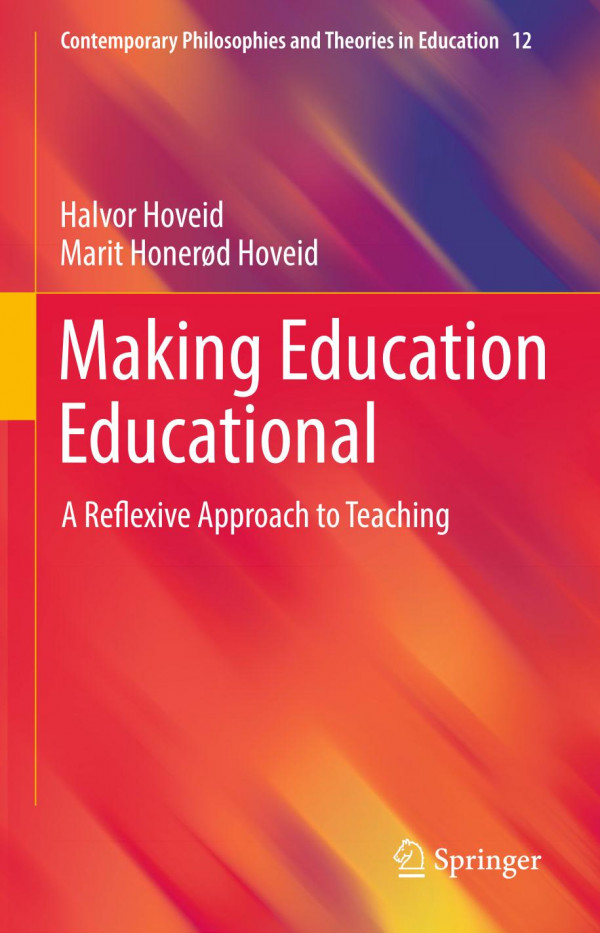

Most ebook files are in PDF format, so you can easily read them using various software such as Foxit Reader or directly on the Google Chrome browser.
Some ebook files are released by publishers in other formats such as .awz, .mobi, .epub, .fb2, etc. You may need to install specific software to read these formats on mobile/PC, such as Calibre.
Please read the tutorial at this link. https://ebooknice.com/page/post?id=faq
We offer FREE conversion to the popular formats you request; however, this may take some time. Therefore, right after payment, please email us, and we will try to provide the service as quickly as possible.
For some exceptional file formats or broken links (if any), please refrain from opening any disputes. Instead, email us first, and we will try to assist within a maximum of 6 hours.
EbookNice Team

Status:
Available0.0
0 reviewsThis book is an argument for reflexivity in the act of teaching, which means to acknowledge that intention guides the act of teaching. Teaching must create attention towards processes of collectivity in the classroom. Today, teaching is both acts of expressing knowledge and acts of securing justice to all students through a mediation of knowledge. Teaching therefore expresses both knowledge with reference to school subjects, and justice according to the distribution of this knowledge.
The authors argue for teaching as the driver of education. To pay attention to teaching is to pay attention to that which is inside the system of education. To consider education as a mediation of knowledge between generations, places teaching as an act of performing the content of education, in a class in a school. The complexity of these processes is easily overlooked when education is used as a means in competitive economies. The approach taken in this text is that deliberations about teaching must be based on historicity. The support for this argument builds on a reading of the French philosopher Paul Ricoeur.The book addresses teaching as an integral part of the learning process. In education today, everything seems to be concentrated around learning, as if teaching no longer takes place. Teachers and teacher educators need a language to discuss and understand teaching, both as personal and institutional actions. A Ricoeurian approach to a discussion on teaching as a reflexive and institutional practice, provides a timely approach to important questions related to teaching in our day and age.